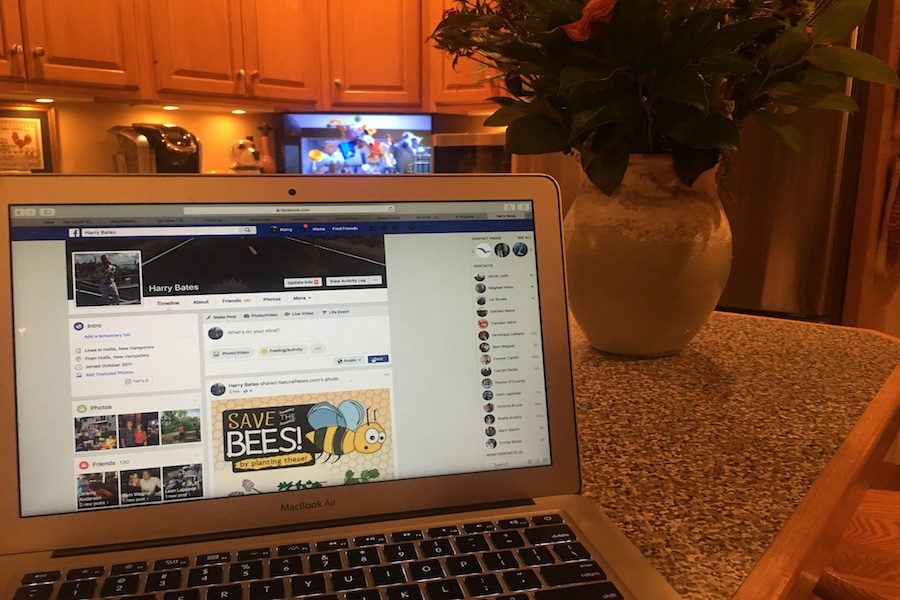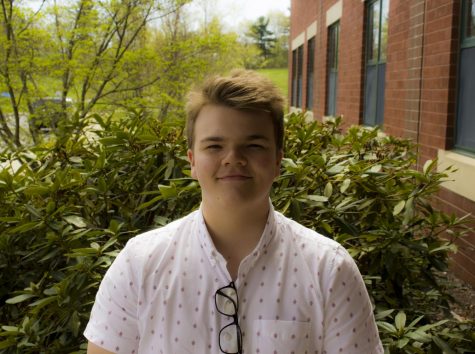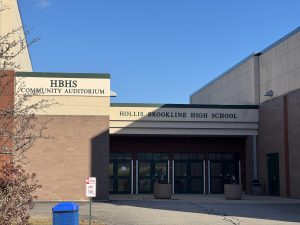Cambridge Analytica’s Role in the 2016 Election
Just like many do after getting home from school or work, they log into Facebook and start scrolling. “This was a major breach of trust, and I’m really sorry this happened” Mark Zuckerberg said in an interview with CNN.
April 6, 2018
British data firm and political strategist group, Cambridge Analytica, has come into light recently, after now former Research Director and part-founder, Chris Wylie, said the company assisted the 2016 Trump presidential campaign in directly targeting American Facebook users with pro-Trump advertisements.
Back in 2014, a company by the name of Global Science Research, under Facebook’s permission, distributed millions of “personality quizzes” on the social media platform to decipher if you were an “extrovert or neurotic.” A series of questions asked the user about their daily activities and personal beliefs. Then, in 2016, Cambridge Analytica bought the personal information collected by Global Science Research from Facebook for “over one million dollars,” said Wylie in a CBS interview.
An estimated 87 million users were affected by this deal, as their information was shared to a third party developer. Cambridge Analytica then used the personal information harvested about users and targeted them with pro-Trump Facebook advertisements.
It must be noted that during this time period, Steve Bannon, who later became Donald Trump’s Campaign Executive and Chief-Strategist in the early Trump Whitehouse, was the Vice-President of Cambridge Analytica.
Mark Zuckerberg, Facebook’s Chief Executive Officer (CEO), has commented this week on the event saying, “We have a responsibility to protect your data, and if we can’t, then we don’t deserve to serve you.” Both Chris Wylie and Mark Zuckerberg are willing to testify in front of United States Congress if they must.
Cambridge Analytica’s CEO, Alexander Nix, was suspended following a recording of him boasting about Cambridge Analytica’s involvement in Trump’s election victory. In the secretly recorded video that went viral, he sat at a table with possible Sri Lankan clients who wanted his help with political campaigning in south Asia. “We did all the research, all the data, all the analytics, all the targeting, we ran all the digital campaign, the television campaign and our data informed all the strategy,” said Alexander Nix. The secretly recorded video of Nix was broadcasted on Britain’s Channel 4.
Students at Hollis Brookline High School reacted to Facebook’s “breach of trust” and Trump’s targeted advertisements. “I feel like the main problem is that Facebook sold the information to Cambridge…I feel like that is illegal,” said Madison Kepnes ‘20. When asked if she would use the social network after this information came out she said, “I wouldn’t use Facebook in the first place…but this makes me not want to use it at all.”
Lilly Ogren ‘20 reacted to the news by saying, “I use Facebook to check my sports…I don’t really use it on a daily basis…this event doesn’t really change my opinion of it that much…maybe if I were a person who used Facebook a lot I probably would care…because it is creepy.”
Cambridge Analytica used the information of millions of Americans and targeted advertisements toward an array of American communities. Following the release of this information, Facebook’s stock took a massive hit, users have been deleting their accounts, and Mark Zuckerberg has been trashed on the social media platform he creation.
American and United Kingdom officials most likely will open cases on the non-consented robbing of information for political gain.














